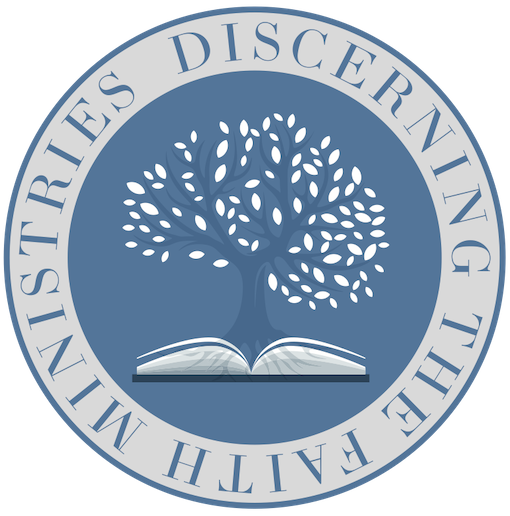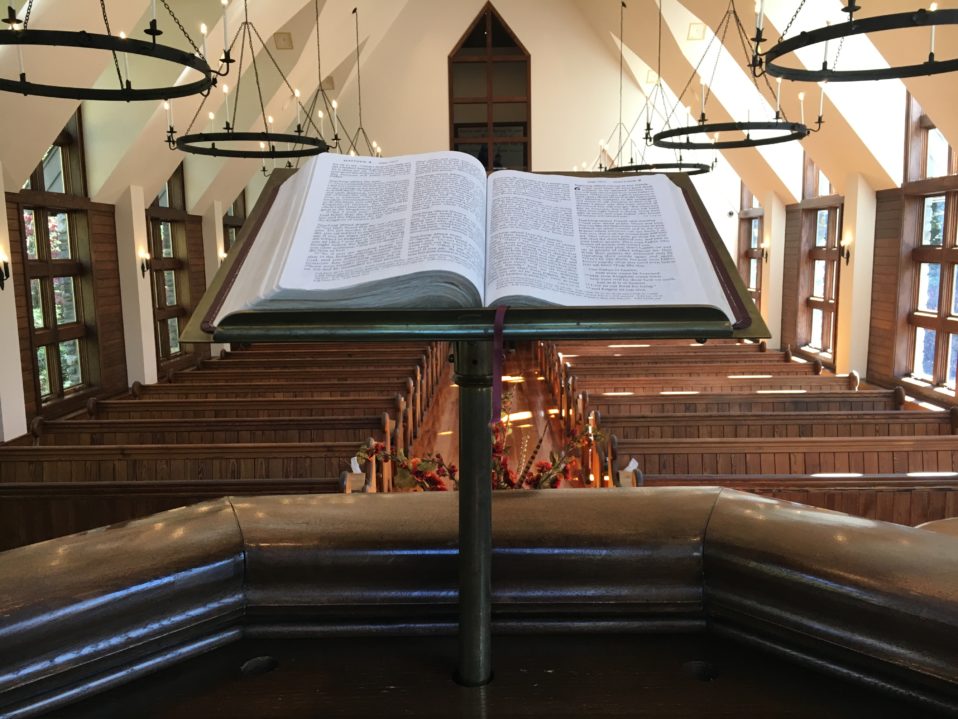We are living in a time when confusion about the church is greater than it has ever been. New models of church ministry seem to form every week with people intent on staying in step with every new fad which comes along within the culture. There is nothing wrong with integrating cultural forms into church practice, in fact this is a necessity for missionaries bringing the gospel to new people groups around the world. What matters is not the model, but the biblical foundation on which the model is built. What a local church believes about what the church is (and is not) will determine what the church looks like. It will drive what the church prioritizes and how it structures itself.
Sadly, many of the modern churches today which have departed from what is considered a traditional model, lack any doctrinal statement about the church in their list of theological beliefs. The doctrine of God, man, salvation, Christ and the Holy Spirit might be present, but ecclesiology is typically nonexistent. One would expect a church to consider it of utmost importance to provide a biblical statement about not only why they exist, but why they should exist. Instead, it seems the desire to be culturally relevant has overcome the necessity of defining a church’s existence within the context of a New Testament framework. If we believe this is not even the slightest bit related to the decreased emphasis on theological teaching in the church we are deceiving ourselves. In an age of prioritizing cultural relevance, theology has been packaged into a box and hidden in the church basement for safe keeping, only to be taken out and examined at specified times during the year, if ever.
This not only creates great confusion within the church, but confusion across the entire culture. What do unbelieving Americans believe about the church? When theme-based “churches” intent on appealing to the interests or hobbies of people are darkening the landscape of American Christianity, how does the culture view the church? What does it communicate when we have movie theater themed “churches” in New Mexico, rodeo style “churches” in Texas and bar themed “churches” in Georgia all claiming to be gospel-focused, evangelizing witnesses for Christ? The Bible does not offer a blank check for the church to organize itself according to whatever way seems best to it because that decision is not ours to make. It is not our church, it is Christ’s Church.
The Bible is not silent on the purpose of the church. The Apostle Paul speaks much about the structure and function of the church throughout his letters and at times specifically prescribing principles the church should follow. The entire book of Acts provides a model for the early church on the basis of an Apostolic ministry whose foundation was the confession that Jesus was and is the Christ (Matt 16:13-18). It is upon this Christ said He would build His church.
We would be amiss to believe the Bible does not allow for some freedom in the structuring of the church, but preferences should not at the cost of sound theology. Many denominations across America and even individual churches within the same denomination are set apart by the different models they have adopted, but that is not what separates denominations. Rather, it is their commitment to a list of theological statements which define not only what they believe about God, man, salvation, Christ and the Holy Spirit, but what they believe about the church. This is the benefit of being a part of a confessional church which finds it’s beliefs rooted in a historical faith with a robust doctrinal statement covering every aspect of the Christian life. Even an independent church has the ability to adopt a historical, confessional statement upon which the local body of believes can make a public declaration about what they believe and why.
Do you know what your church believes about the church? Does your congregation know what you believe about the church? Is it plainly communicated to those who visit your church, this is what we believe about not just why we exist, but why we should exist? C.S. Lewis once said “if you do not listen to theology, that will not mean that you have no ideas about God; it will mean that you have a lot of wrong ones.” This includes the theology of the church. If you don’t know what you believe about what the church is and if your congregation doesn’t either, then not only will it shape your view of the Christian life, but it might cause people to depart your church in favor of preferences instead of sound theology.
Originally appeared on Michaelsmiller.org.






